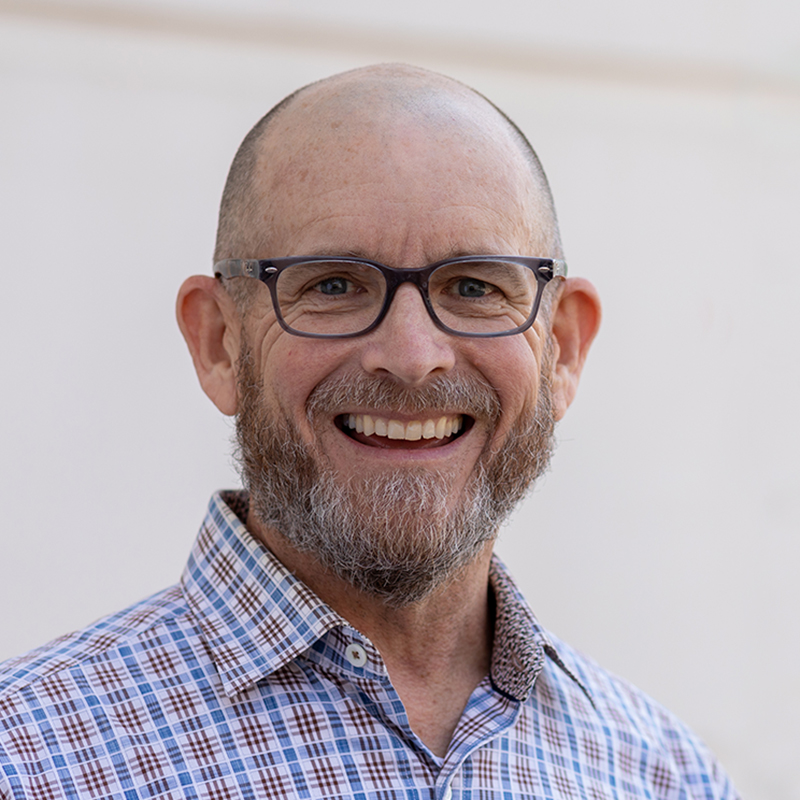Flight Lessons for Law Firms

In the realm of commercial aviation, the standard cockpit configuration includes a pilot and a first officer, both sharing operational responsibilities equitably. Both individuals possess requisite qualifications for piloting the aircraft. Malcolm Gladwell wrote about this in Outliers (Chapter 7) and documented a concerning trend: incidents and accidents are disproportionately more prevalent when the pilot, rather than the first officer, assumes control of the aircraft. Conversely, when the first officer takes the lead, the occurrence of such incidents markedly decreases. This anomaly prompts scrutiny and warrants attention.
The underlying cause of this peculiar phenomenon lies in the dynamics of cockpit communication and authority. Upon reviewing flight data recordings from numerous incidents, which were once alarmingly frequent, a consistent pattern emerges. It appears that individuals occupying the lower-ranking first officer position exhibit a reluctance to assert observations or concerns directly to their higher-ranking counterpart, the pilot. Consequently, critical errors or anomalies observed by the first officer often go unaddressed, contributing to the chain of events leading to mishaps.
In essence, the data suggests that flights operate with heightened safety when the less experienced crew member assumes primary control. This counterintuitive conclusion underscores the importance of fostering an environment where all members of the flight crew feel empowered to communicate openly and assertively, regardless of hierarchical distinctions. By addressing these communication barriers and promoting a culture of transparency and collaboration within the cockpit, the aviation industry can mitigate risks and enhance overall safety standards.
Translating the lessons learned from the aviation industry's cockpit dynamics to the legal profession yields valuable insights into fostering a more effective and harmonious work environment within law offices. Just as in the cockpit, where the first officer's reluctance to voice concerns to the pilot can lead to adverse outcomes, similar communication barriers and power differentials can exist among lawyers within a firm.
In many law offices, there exists a hierarchical structure wherein senior partners or seasoned attorneys hold primary authority and decision-making power. Conversely, junior associates or less experienced lawyers may hesitate to assert their observations or offer alternative perspectives, fearing repercussions or dismissal, much like the first officer's dilemma.
Recognizing this parallel, law firms can take proactive measures to cultivate an atmosphere of open communication and collaboration. Encouraging junior attorneys to voice their insights, questions, and concerns without fear of retribution fosters a culture of transparency and accountability, mirroring the ethos advocated for safer aviation practices. Moreover, establishing regular forums for constructive feedback and discussion, where all members of the firm can contribute their perspectives and ideas, promotes a sense of inclusivity and mutual respect. Just as the aviation industry conducts debriefings and post-incident analyses to identify areas for improvement, law firms can benefit from similar practices to address potential issues before they escalate into larger problems.
By embracing the principles of empowerment, communication, and collaboration inspired by the aviation industry's safety protocols, law offices can enhance not only the professional development and job satisfaction of their lawyers but also the quality of legal services provided to clients. In this way, the legal profession can emulate the aviation industry's commitment to continuous improvement and risk mitigation, ultimately leading to a safer and more effective practice environment.




